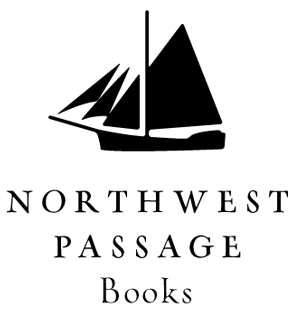
|
~ About Us ~ Email ~ Nonfiction ~ Fiction and Poetry ~ Facebook ~ Twitter ~ Subscribe ~ |
Iron Age: Council of the Clans
A political strategy game
of power, honour, and democracy.
|
"Iron Age" is a political strategy game, in which players compete and co-operate with
each other to build a community. The better you manage your village, and the better you
manage your relations with other players, the more honour you will gain. And the more
honour you gain, the better your position will be at a special democratic assembly
called the Landsmoot, where one player is elected the Chieftain.
Originally designed as a teaching tool for a college course in political science, the simple rules of Iron Age allow many strategic possibilities. From the “hard power” of the army to the “soft power” of trade and culture, just about every facet of politics in the real world can be represented here – all depending on how you play! |

|
Players: Between 3 and 8 Ages: 15 and up The 60-page rulebook includes: Requires:
A Note for Philosophers and Educators:This game began as a project in experimental philosophy, which I presented to students of my "Theories of Social Justice" class. It is not mainly intended to teach facts: rather, it is intented to help students develop skills, especially in public speaking, political strategizing, rhetoric, and rational persuasion. It is also designed to reproduce and to experiment with what some philosophers call “the circumstances of justice”, meaning the social or economic or political problems that call for a justice- based solution. David Hume is perhaps the first to draw up the list of circumstances that most philosophers have used ever since. On his list of these circumstances are: moderate scarcity of resources; approximate equality of power among all players; and moderate self-interest. Would players in these circumstances reach the justice-based conclusions that Hume claimed they would? Or would they remain in a Hobbsean "state of nature", leading nasty, brutish, and short lives? As players calculate the best way to either win the game, or else at least avoid being eliminated from the game, they end up negotiating and co-operating with each other to handle these circumstances.In the course of play, "Iron Age" also helps demonstrate to students things like: "Iron Age" also demonstrates some features of Iron Age culture and history, such as the Heroic Feast, the importance of Honour, the role of fate and luck, and the early development of democracy.
|

Purchase the fully-illustrated softcover edition, from Amazon.com or direct from the printer. |

Also available as an un-illustrated ebook, from Amazon Kindle. |


